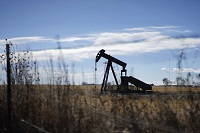Petrochemicals Automotive UV Stabilizers 14-09-2019 - Arhive
Petrochemicals Automotive UV Stabilizers
-COLORMATRIX™ SMARTHEAT RHC Circular Solutions for rPET and PET bottles
ColorMatrix™ SmartHeat RHC is an APR* accredited, patent protected, liquid dispersion process aid, available to rPET producers and converters to help improve
recycling and sustainability of PET bottles.
It enables:
- Increased rPET content
- Reduced CO2 emissions
For applications requiring color or toning, SmartHeat RHC is also available as a range of recycle-friendly tints or toners for both rPET producers and converters.
Note to converters: This product is compatible solely with transparent bottles produced in a two-stage injection stretch blow molding process.
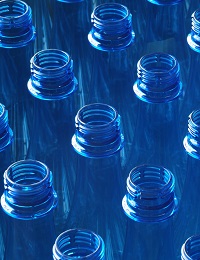
-Glucose derivative replaces BPA in sustainable polycarbonate plastic
Transparent polycarbonate sheets reinforced with biomass-derived building blocks outperform traditional BPA-reinforced polycarbonate plastic in strength tests, new research shows. The scientists behind the work envision their composite could replace BPA-based polycarbonates in a variety of common applications. Petrochemicals Automotive UV Stabilizers

-Jomar to launch TechnoDrive 65 PET injection blow molding machine at K 2019
Jomar Corp., a leading global manufacturer of injection blow molding (IBM) machinery for the pharmaceutical, healthcare, and household products industries, will launch the TechnoDrive 65 PET machine at the K 2019 exhibition (Hall 14/A32) which runs Oct. 16-23 in Düsseldorf, Germany.Petrochemicals Automotive UV Stabilizers
The newly designed IBM machine is specifically designed to run PET resins but can easily switch back to more typical materials for injection blow molding such as polypropylene (PP) and polyethylene (PE). The TechnoDrive 65 PET machine evolved from Jomar’s TechnoDrive 65, a high-speed IBM production machine first unveiled in 2017.
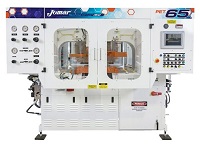
-Global PE price war begins as supply grows and demand fades
A global polyethylene (PE)price war is developing as multiple newcapacities come onstream just as demand growthstalls on the back of the US China trade war,Brexit, regulatory pressure on single useplastics, and other uncertainties which aredampening consumer and industrial confidence.
Prices have plummeted to multi-year lows as USproducers seek to gain market share byundercutting local producers in other regions.
Competition from Middle East exporters hashelped to depress prices further.
Almost all of the new US capacity is scheduledfor export, with China by far the biggestpotential destination.Petrochemicals Automotive UV Stabilizers
However, since the trade war intensified, withsome PE tariffs scheduled to rise to30%, US product has been diverted to othermarkets principally in Asia and Europe.
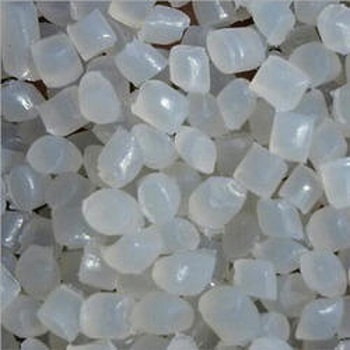
-Goodfellow Announces Major Extension of Their Range of Polylactic Acid (PLA) Granules
In keeping with the increasing demand for sustainable and environmentally friendly materials, Goodfellow is pleased to announce a major expansion of their range of PLA granules.
The extended range includes a variety of differing melt flow rate (MFR) materials suitable for extrusion and injection molding.Petrochemicals Automotive UV Stabilizers
For customers, the addition of these new grades enhances the Goodfellow green materials range and extends the options available for biodegradable polymers.
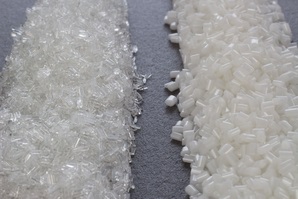
-Toray develops sustainable fibers made of recycled plastic
Made of recycled PET bottles, &+ brand fibers are a result of Toray’s fiber production technology and a proprietary contaminant-filtering system.
Toray Industries Inc. (Tokyo, Japan) has announced a new commercial fiber brand, called &+, which the company says will underpin the start of its efforts to use fibers made by recycling used PET bottles.Petrochemicals Automotive UV Stabilizers
Toray is aiming to leverage this brand to foster PET bottle recycling and to help materialize a closed loop economy by offering high-value-added fiber derived from PET bottles.
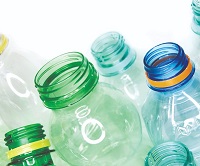
-LYCRA Company launches LYCRA® FitSense™ technology
The LYCRA Company, a leader in innovative fiber and technology solutions, has announced global launch of new LYCRA® FitSense™ technology – a patented water-based dispersion that features the same molecule as LYCRA® fiber but in liquid form. The technology can transform apparel by adding lightweight power, soft shaping and lift, and targeted support.
LYCRA® FitSense™ technology is screen printed onto fabric containing LYCRA® fiber to deliver targeted lightweight support that can be combined with visual effects like patterns or color blocks. As a result, sewn-in panels or extra seams that may restrict movement and cause discomfort could be eliminated and the consumer’s need for great-fitting, ultra-comfortable garments is satisfied, giving support just where it is needed.
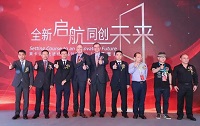
-New research says seafood is a major source of plastic in U.S. diet
Alarming new research suggests that, contrary to what scientists have long believed, tiny plastic particles consumed by fish and other seafood do not stay in the animals’ digestive tracts but rather seep into their flesh, as Liza Gross reports in FERN’s latest story, published with Mother Jones. And that means those plastic particles also seep into the diet of people who eat seafood.
Now, according to a study published in June in the journal Environmental Science & Technology, “seafood is the third largest contributor of chemical-laden “microplastics” of sources analyzed so far for the average American consumer, behind bottled water and air,” Gross writes. “‘Plastic is now part of our food system,’ says Kieran Cox, a marine ecologist and Ph.D. candidate at the University of Victoria in British Columbia, who led the study.”
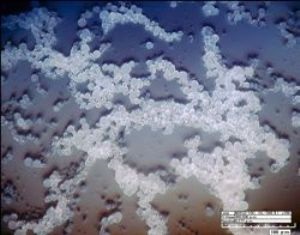
-Plastic alternatives could make marine pollution even worse
UK report says complacency leads to carelessness
Compostable alternatives to plastic could worsen marine pollution and have other serious environmental impacts, a report from a committee of UK MPs has warned.
The world has a plastic problem — millions of tons of plastic enter the oceans every year, polluting our seas, littering our beaches and endangering wildlife.
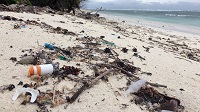
-US shale to grow to 14.5mn bpd by 2030: Rystad Energy
Strong US supply will be driven, in part, by a large inventory of wells still to be developed across several prolific shale plays
US shale supply will peak at approximately 14.5mn barrels per day (bpd) around 2030, according to Rystad Energy.
In the past decade, crude oil coming from shale patches such as the Permian in the US has grown from a negligible contributor to an upstream behemoth, reshaping the industry and the oil market.
US Light Tight Oil (LTO) represented less than 1% of global oil supply just nine years ago. Today, US LTO represents close to 10% of total global oil supply, a percentage which is expected to continue its ascent going forward.Petrochemicals Automotive UV Stabilizers
